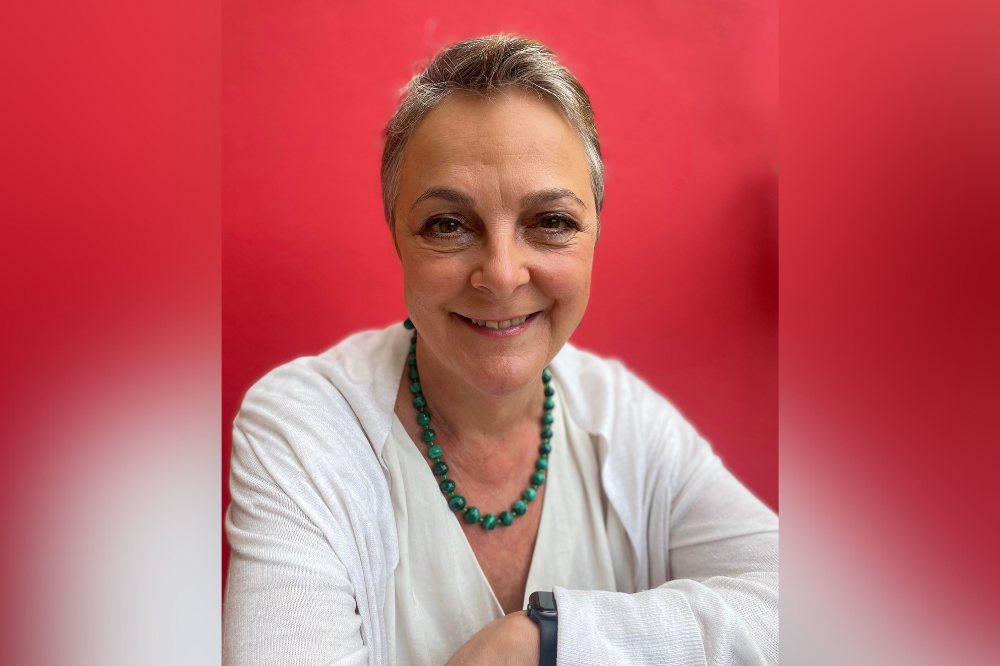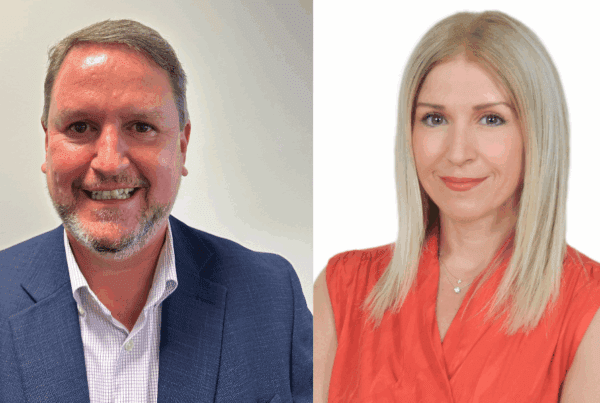
“I grew up in South Africa which was really a very formative experience for me,” she said. “I grew up very much in the apartheid era and was essentially raised by domestic workers because my mother died when she was relatively young. And I think because of that personal link, I was aware from quite a young age that something was very badly wrong. The apartheid side was one part but the juxtaposition of poverty to relative wealth and easy access to privilege was also very obvious to me.”
Pulvermacher’s interest in poverty alleviation is what drew her to study economics as a second qualification and has a connecting line between many of the roles she has taken on throughout her career. When she was approached to take on her role with MiN, it was the perfect opportunity, she said, as she had long been frustrated by some of the inefficiencies she sees in the non-profit sector and she appreciated the opportunity to support a non-profit organisation and help it do what it could and should be doing.
“The subject matter [of microinsurance] is also fascinating,” she said. “And I think what has blown me away most of all with the MiN is that this is a community of very committed organisations, and individuals within those organisations, who have been trying to achieve systemic change in the insurance sector for 20 years. And I know I’ve seen within my tenure, more and more organisations getting involved with the network specifically, but also with the subject more generally.”
Several key factors are driving the movent that Pulvermacher and her team are seeing in the market, and reinforcing this is the heightened awareness of risk that is being felt across the world. There’s a sense among many that the world is almost at a tipping point, she said, and that if people do not work together to avert disaster and craft a more inclusive future, then the human species is facing an existential moment.
There’s been a gathering sense of urgency around climate change for a while, she said, and the COVID-19 pandemic has shone a spotlight on the very differentiated access to healthcare and security of income that exists. Depending on where they were located during the pandemic, individuals and businesses had a very different experience over the last two years – a fact evident to MiN, which has members based in more than 60 countries.
Read more: Is there a ‘poverty premium’ in insurance?
“They say necessity is the mother of invention and that was very true in this case,” she said. “I think there was this heightened awareness of risks, apart from climate change, and how these are all interrelated, and of the very big protection gap that exists. What we saw with our clients was the scramble to digitalise where they weren’t already digitalised. And in the case of microinsurance, microfinance institutions (MFIs) are a kind of bread-and-butter distribution channel and they really had to get their acts together in a hurry.”
Because MiN annually tracks the statistics around how many people across around 30 countries are covered by inclusive insurance, it saw a clear impact on MFIs and the insurance offered through them. COVID accelerated their digitalisation, she said, which has been very good for inclusive insurance as it has helped companies to streamline their processes, creating new cost efficiencies and communication channels.
Despite the positive moves being seen around digitalisation and the growing uptake of index-based insurance in the developing world, inclusive insurance is nowhere near where it needs to be. MiN estimates that at most around the world, about half a billion people have cover in this emerging consumer segment which envelopes about three and a half billion people. With such a sizeable protection gap in play, she said, it really emphasises the role that the insurance sector has to play – as an investor and as an economic player, as well as a provider of insurance solutions.
Insurance is a massive segment, and yet in much of the emerging world, it’s underdeveloped and it’s not mature, Pulvermacher said. And while she sees that the interest of the global insurance sector as a whole has grown on this subject, a lot of that focus has been more on dealing with climate change than on financial inclusion.
“It’s interesting as on the Dow Jones Sustainability Index for insurance, financial inclusion and sustainable finance are identified as some of the material issues that insurers should be looking at,” she said. “And yet for some reason, with a few exceptions – because I think we would have 1,000s of members rather than just under 100 if there was greater awareness – this has been a blind spot.
“Despite that, we have seen more insurers entering into inclusive insurance since I’ve been in the role which has been very encouraging. But I think it needs to accelerate. And I think it needs to accelerate quite quickly.”



